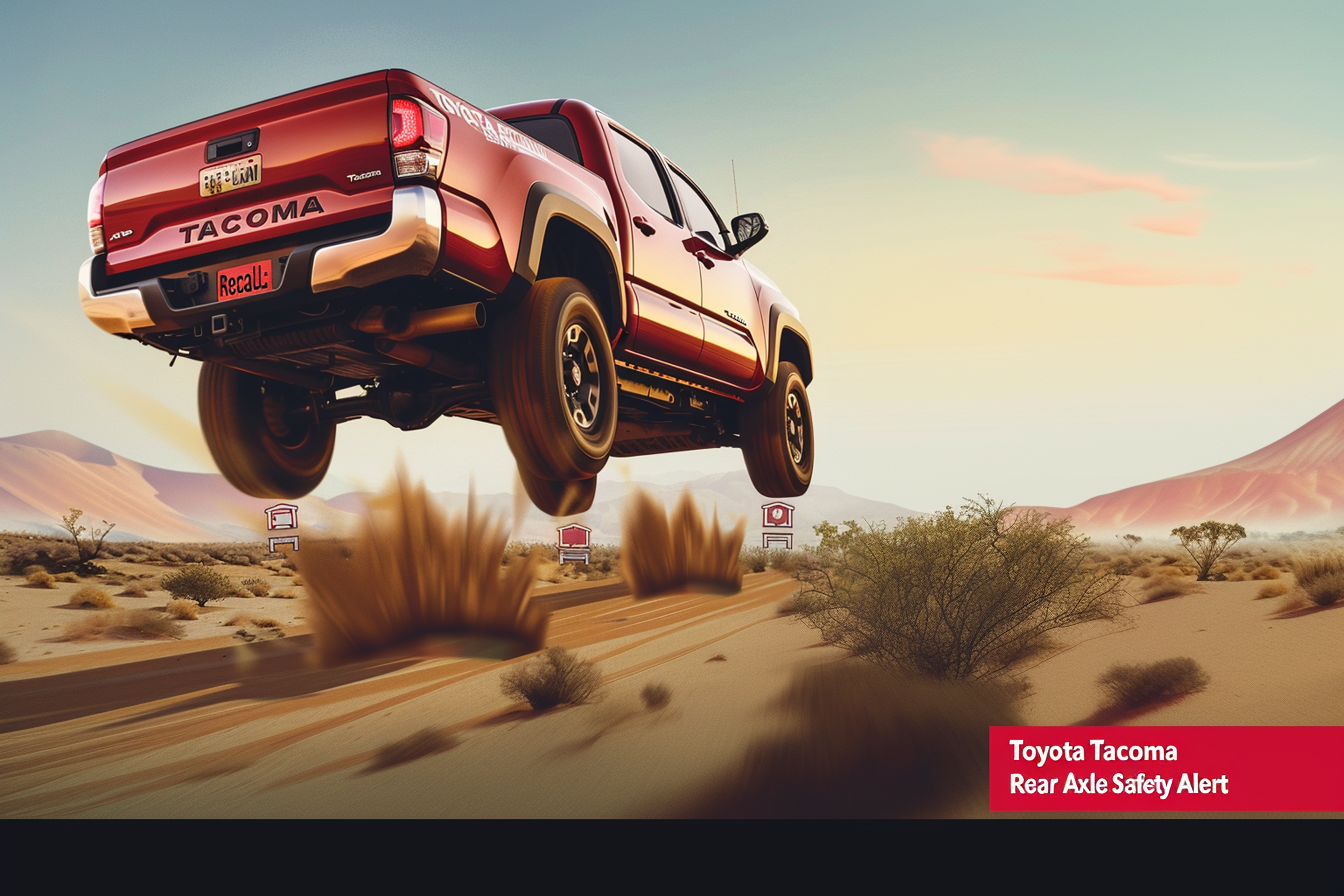Toyota’s recall woes continue to mount as the company announces its fourth recall in just six days, this time affecting about 381,000 Tacoma midsize pickup trucks. The latest recall, aimed at addressing potential rear axle issues, adds to the growing list of concerns for Tacoma owners and highlights the importance of vehicle safety.
The Problem: Rear Axle Defects
The issue at hand involves certain 2022 to 2023 Toyota Tacoma trucks sold in the United States. According to Toyota, welding debris left on the ends of the rear axle assembly during manufacturing could cause retaining nuts to loosen over time. If these nuts fall off, a part could separate from the axle, affecting the stability and brake performance of the vehicle and, consequently, increasing the risk of a crash.
Toyota’s Response
Owners of the recalled trucks can expect to receive notification through the mail by late April. Toyota dealers will inspect the rear axle assembly and tighten the axle retaining nuts at no cost to the owners. If any axle components are found to be damaged as a result of the issue, they will be repaired or replaced by Toyota.
How to Check If Your Vehicle Is Affected
For Tacoma owners concerned about whether their vehicle is involved in this safety recall, Toyota advises visiting Toyota.com/recall or nhtsa.gov/recalls and entering your Vehicle Identification Number (VIN) or license plate information. Additionally, motorists with questions can reach out to Toyota customer support at 1-800-331-4331.
A String of Recalls
This latest recall comes on the heels of three separate recalls last week, collectively involving 303,000 vehicles. One of the issues addressed in those recalls was a software glitch that delays the rearview image from displaying quickly after the driver shifts into reverse.
Final Thoughts
As Toyota navigates through this series of recalls, it’s crucial for Tacoma owners to stay informed and take the necessary steps to ensure their vehicle’s safety. If you’re affected by this recall, don’t hesitate to contact Toyota customer support or visit their website for more information. The safety of you and your passengers should always be a top priority.

